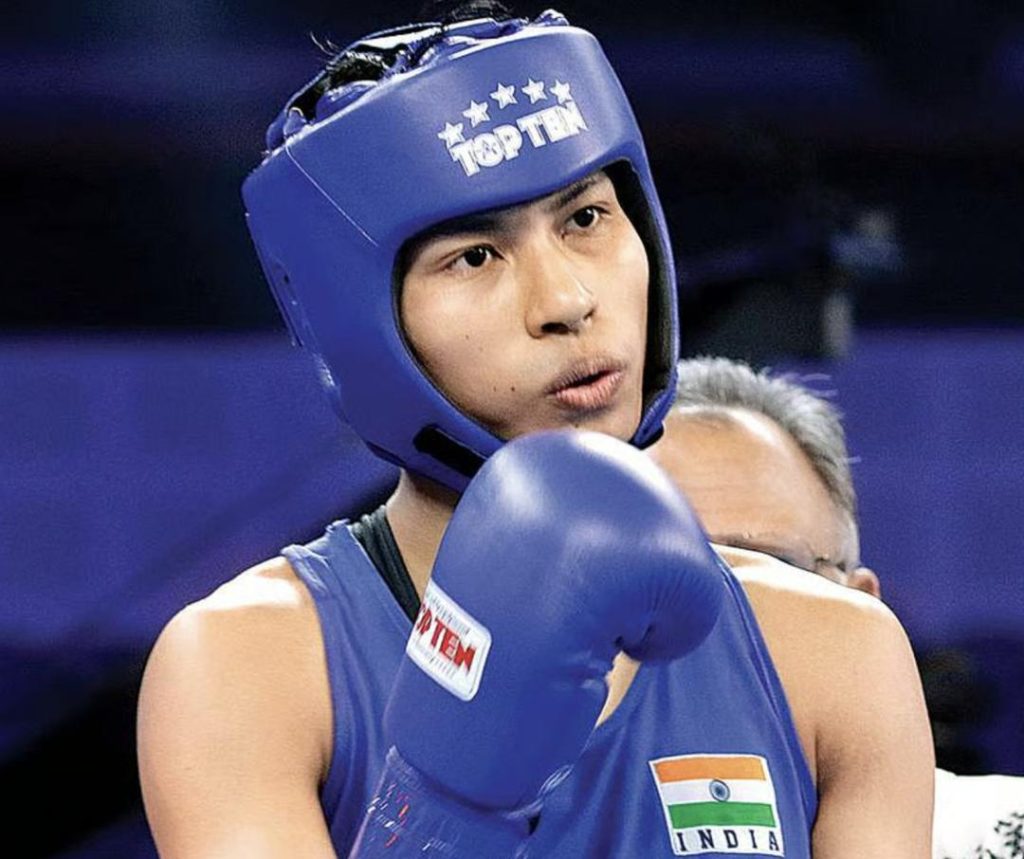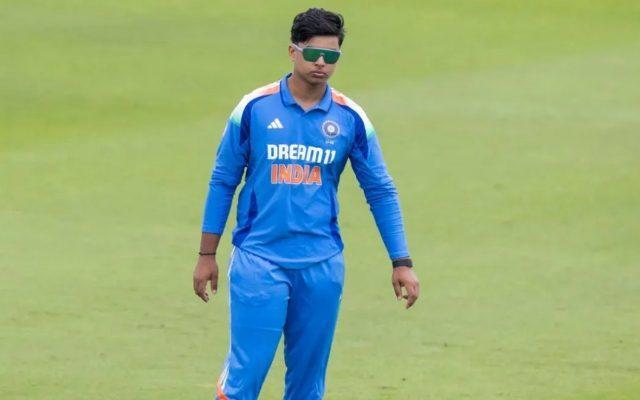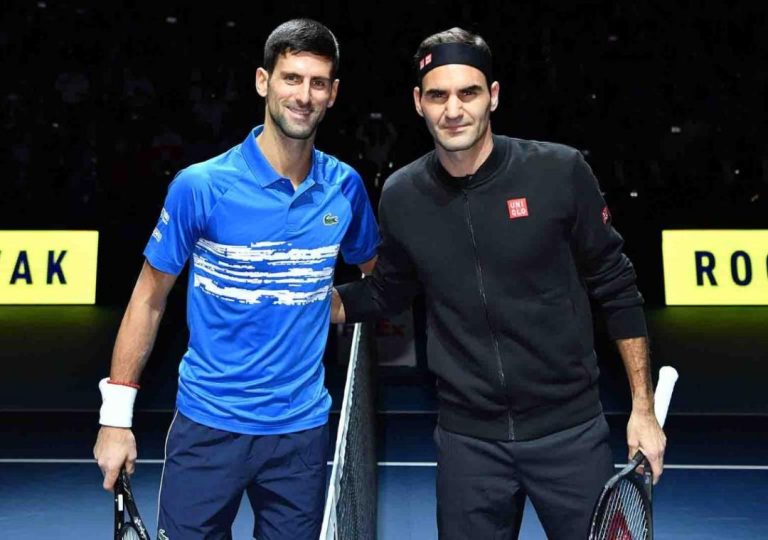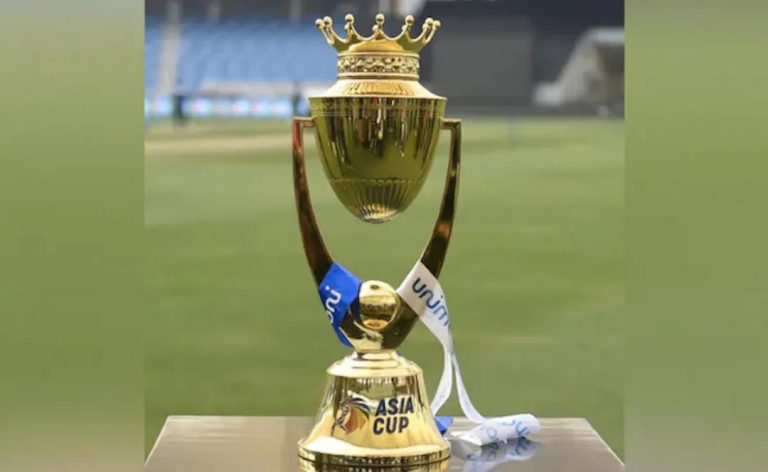
BFI Official Told Me to ‘Shut Up, Lower Your Head & Do as We Say’: Olympic Medallist Lovlina
Indian boxing has been making waves globally, with Olympic medals and world championships being won by our athletes. Lovlina Borgohain, the Olympic bronze medal-winning boxer, is one such athlete who has brought immense pride to the nation. However, despite her achievements, Lovlina has been at the receiving end of disrespect and humiliation from a high-ranking official of the Boxing Federation of India (BFI).
In a shocking revelation, Lovlina has accused BFI executive director Col Arun Malik of humiliating her and undermining her achievements during a Zoom meeting, which was attended by officials from the Sports Authority of India (SAI) and the Target Olympic Podium Scheme (TOPS).
According to Lovlina, Col Malik told her to ‘shut up, lower your head and do as we say’. The words, she said, were not only disrespectful but also carried an alarming tone of gender-discriminatory dominance.
“I was taken aback by his words. It was a Zoom meeting, and I was speaking about my preparations and my journey. I was expressing my feelings and thoughts, and he suddenly told me to ‘shut up, lower your head and do as we say’. His words were not only disrespecting me but also undermining my achievements,” Lovlina told the Indian Express in an exclusive interview.
This incident has sparked outrage among sports fans and officials alike. The Indian Olympic Association (IOA) has announced an inquiry into the matter, and many are calling for Col Malik’s resignation.
Lovlina’s allegations against Col Malik are a stark reminder of the deep-rooted issues of sexism and patriarchy in Indian sports. Despite being a trailblazer in her sport, Lovlina has faced numerous challenges and biases throughout her career. Her bronze medal win at the Tokyo Olympics was a testament to her hard work and dedication, but it was also a reminder of the systemic inequalities that exist in Indian sports.
The incident has also raised questions about the culture within the BFI and the lack of accountability among its officials. How could an official of Col Malik’s stature and position treat a medal-winning athlete with such disrespect and disdain?
The IOA’s inquiry into the matter is a welcome step, but it is not enough. The BFI and the government need to take concrete actions to address the systemic issues within the organization and ensure that athletes like Lovlina are treated with respect and dignity.
As Lovlina’s coach, Sandhya Gurung, pointed out, “Col Malik’s words were not just an isolated incident, but a reflection of the deep-seated biases that exist within the BFI. The IOA’s inquiry is a good start, but we need to see concrete actions taken to address these issues.”
The incident has also sparked a wider conversation about the treatment of women in Indian sports. Despite making significant progress in recent years, women athletes in India still face numerous challenges, from unequal access to resources and facilities to biases and sexism from officials and coaches.
Lovlina’s bravery in speaking out against Col Malik’s behavior is a testament to her strength and resilience. She is an inspiration to countless young women across the country who are fighting for their place in the world of sports.
As Lovlina herself said, “I am not just a boxer, I am a representative of Indian women in sports. I will not let anyone undermine my achievements or my dignity. I will fight for my rights and for the rights of all women athletes in India.”
In conclusion, the incident involving Lovlina Borgohain and Col Arun Malik is a stark reminder of the deep-rooted issues of sexism and patriarchy in Indian sports. It is a call to action for the BFI, the government, and all stakeholders to take concrete steps to address these issues and ensure that athletes like Lovlina are treated with respect and dignity.






